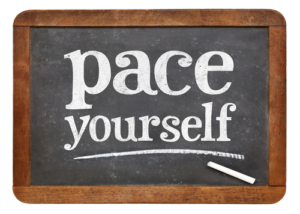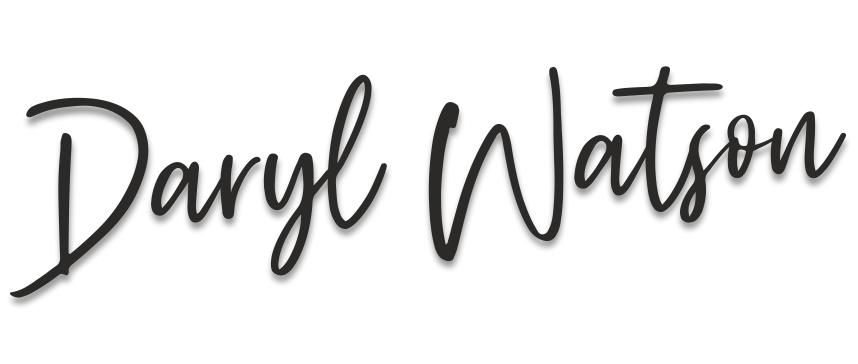Swimming Lessons
Yesterday, I returned to the swimming pool. It’s been a while! Today, getting out of bed, I’ve learned another lesson…..pacing myself!
This morning, I’m aching all over. In my enthusiasm of being back in the water, it feels that I have simply stretched myself just a little too far.
Have you felt that way before?
I certainly enjoyed myself in the pool. One length after the other. There were quite a few new social distance guidelines and restrictions also in play. That said, I’ll be back again soon enough for sure.
I am a firm believer in learning, growth and development, it certainly is important to push yourself a little. However, its also important to pace yourself too. That is my lesson this morning. The aches and pains are none too pleasant. I am certainly tuning into my body today. Now I know I should have listened a little more yesterday.
Pacing means finding the right balance of activity and rest for your unique situation. In hindsight, I wished that I’d taken it just a little slower yesterday and paced myself better.
Its time today to give myself another good talking to and remind myself (again), to find the right pace for myself. Less really is more!
How do you pace yourself when it comes to life?
